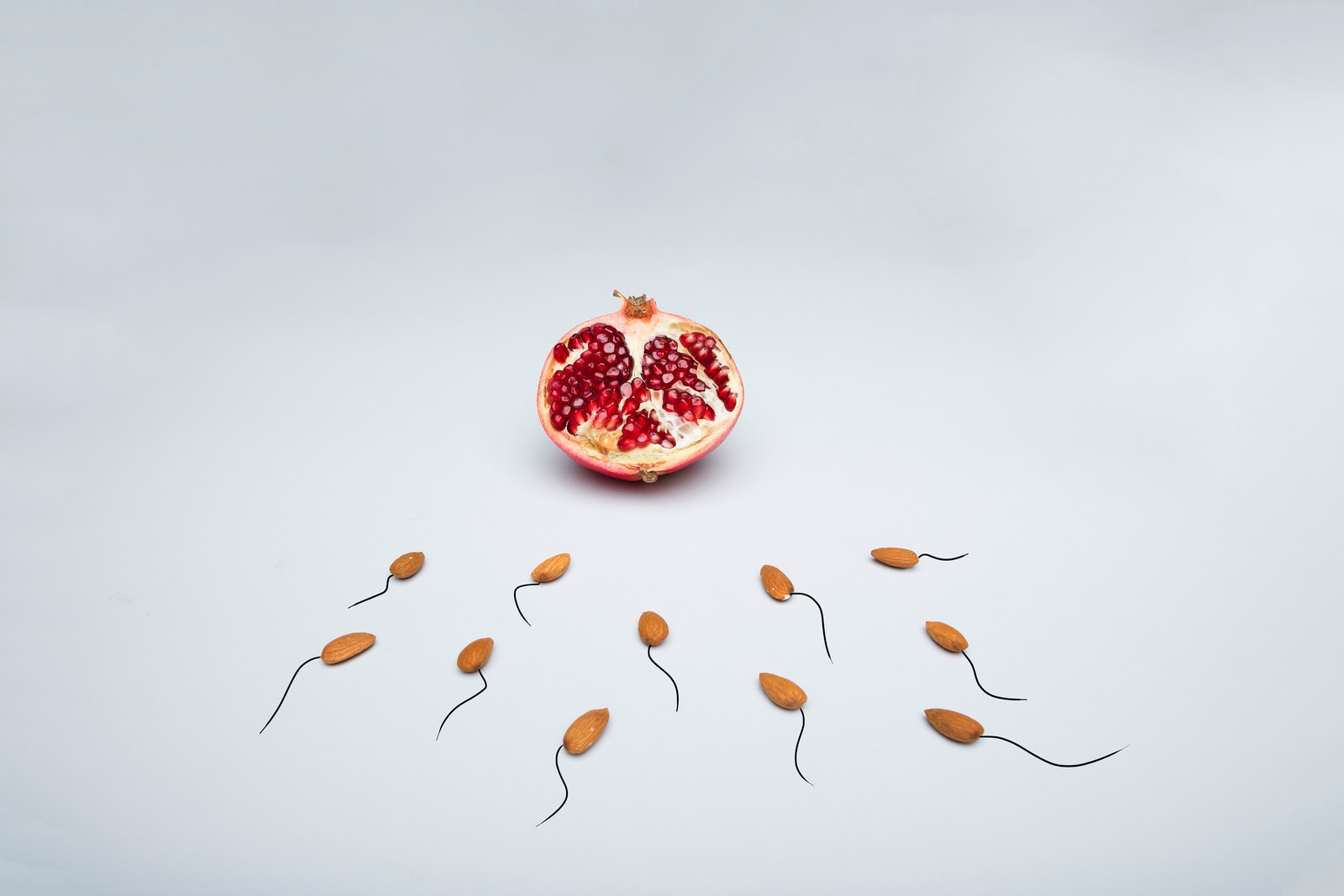OPINION
Michael Cook
Michael Cook is editor of Mercator
News flash in the chronicles of the Reproductive Revolution! History has been made!
A CNN investigation into “fertility fraud” – doctors impregnating their patients with their own sperm – features a woman who unwittingly slept with her half-brother. A Connecticut woman, 39-year-old Victoria Hill, investigated her ancestry with a DNA test kit. To her dismay, she discovered that her father was not her biological father and that her real father was her mother’s doctor, Burton Caldwell.
Later on, in a conversation with friends, she learned that her high school boyfriend was also Dr Caldwell’s offspring. She was devastated. “I was traumatized by this,” Hill told CNN. “Now I’m looking at pictures of people thinking, well, if he could be my sibling, anybody could be my sibling.”
“This was the first time where we’ve had a confirmed case of someone actually dating, someone being intimate with someone who was their half-sibling,” Jody Madeira, a law professor at Indiana University who specialises in fertility fraud, told CNN.
Ms Hill has written about her experience on the website of the US Donor Conceived Council. She says:
“The trauma around this revelation is profound. If my former boyfriend and I had attended the same college, we likely would have married and had children together only to later discover we were brother and sister. Even after we went our separate ways, we saw each other at friends’ weddings, and there was always a connection between us. Had one of us not been with someone else at those times, we might have reconnected.”
Both Ms Hill and CNN focus on the issue of fertility fraud. More than 30 doctors in the US have been accused of using their own sperm for their patients. Advocates for donor-conceived people say that there could be 80. They are calling for federal legislation to criminalise the practice.
However, fertility fraud is largely a dead issue. The guilty doctors were active in the 1970s and 80s and their patients were almost always heterosexual couples. Since then, fertility has become a huge business. Fertility clinics have become professional. Despite occasional mistakes, they take great care to document all procedures. Besides, the advent of DNA test kits means that the dangers of being caught are too great.
Sperm donation has become a business and there certainly is a need for regulation. Outside the United States, purveyors of donor sperm are limited to creating 10 to 20 families. But not in the US. USA Today recently profiled a woman who discovered that she has at least 200 half-siblings, sired by an anonymous donor to a sperm bank. And many of these people have serious medical and psychological problems, probably inherited from the donor.
The legalisation of same-sex marriage may have helped to expand the market for donor sperm. According to a report in the New York Times, “About 20 per cent of sperm bank clients are heterosexual couples, 60 per cent are gay women, and 20 per cent are single moms by choice.” It’s inevitable that some of these women will access the same sperm bank and will raise their children in the same geographic area. If they attend the same schools or mix in the same social circles, there will always be a chance of unwitting incest.
Nonetheless, CNN reports that LGBTQ groups oppose regulation of the fertility industry because it “could have the unintended effect of making the formation of families less accessible to the LGBTQ community, which comprises an outsized share of the donor-recipient clientele.”
“I think we should pause before creating additional criminal liability for people practicing reproductive medicine,” Katherine L. Kraschel, of Northeastern University, told CNN. “It gives me great pause … to say we want the government to try to step in and regulate what amounts to a reproductive choice.”
Another complication is that more and more lesbians and single women are obtaining sperm through informal channels – word of mouth, Facebook groups and so on. Neither the government nor professional associations are regulating these. And some of the men who supply their sperm are competing with Genghis Khan.
- In the Australian state of Queensland, a lesbian mother recently discovered that the sperm donor who is the biological father of all five of her children was a “super donor” who could have sired as many as 1000 children. She is terrified of accidental incest.
- Last year a 41-year-old Dutch man who has fathered more than 550 children had to be ordered by a court to stop donating sperm.
- The New York Times ran a feature in 2021 about the “sperm kings” who travel around the country or even around the world donating sperm.
The probability of incest, while small, will keep on growing. If there’s a market for sperm, it’s inevitable.
Is this a problem? To paraphrase Lenin, you can’t make a reproductive revolution without breaking eggs. If you accept the principle of separating sex from procreation, you have to accept the possibility of unwitting incest. The assumption seems to be that the only ones whose lives will be shattered are the children – and who cares about them? The most important thing is a photo of a smiling baby in the arms of its mothers.

